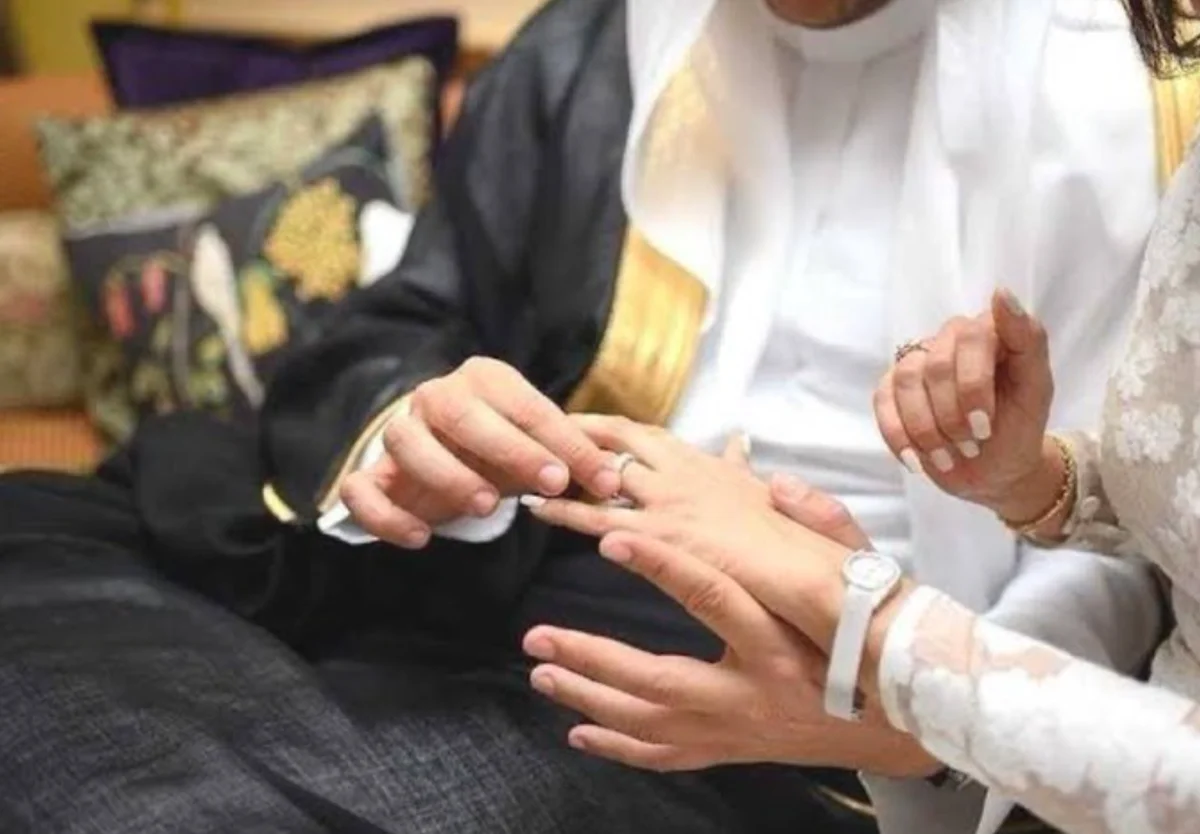21/02/2025
21/02/2025

DUBAI, Feb 21: The United Arab Emirates (UAE) will enforce federal personal status law amendments starting April 15. The new law introduces several provisions that regulate key matters for the first time. The government has emphasized that the law is designed to ensure flexibility, streamline procedures, and unify legal concepts and timelines, the law covers various aspects such as marriage consent, custody age limits, and divorce regulations. Below are the key provisions:
Marriage and Engagement
- Legal Marriage Age: The minimum legal marriage age is set at 18 years. If an individual above 18 faces guardian refusal, they may appeal to a judge. The law also allows couples below the majority to manage marriage-related matters independently without requiring guardian approval.
- Age Difference: If the age gap between the bride and groom exceeds 30 years, the marriage can only proceed with court approval.
- Engagement Definition: Engagement is legally defined as a marriage proposal accompanied by a promise of marriage, but it does not constitute a legal marriage.
- Returning Engagement Gifts: Gifts given under the condition of marriage may be reclaimed. If the value exceeds Dh25,000, they can be returned in kind or based on their value at the time of receipt, provided they are not consumable items.
Marital Home and Residency
A wife is entitled to reside in a suitable marital home unless otherwise specified in the marriage contract.
Shared Residency:
- A husband may live with his wife along with his parents and children from previous marriages if he financially supports them, provided it does not cause harm to the wife.
- A wife may reside with her children from a previous marriage if they have no other guardian or if separation would harm them, subject to her husband's explicit or implicit approval. However, the husband has the right to withdraw consent if he is negatively impacted.
- If both spouses share ownership or lease of the marital home, neither may allow additional occupants without mutual consent.
Custody and Parental Rights
Revised Custody Age: Custody rights have been modified to prioritize the best interests of the child. The termination age for custody is now 18 for both boys and girls, ensuring uniformity.
Child’s Preference: Children aged 15 and above can choose which parent they wish to live with.
Educational Authority: The custodial mother is granted authority over the child’s education to ensure decisions align with the child’s best interests.
Legal Documents:
- Individuals who turn 18 are entitled to retain their passports and identification documents unless a judge rules otherwise.
Penalties and Legal Provisions
Use of Gregorian Calendar: The Gregorian calendar will be used for all time-related calculations under this law unless stated otherwise.
These legal amendments reflect the UAE’s commitment to enhancing personal status regulations by fostering fairness, efficiency, and legal clarity for all residents.


